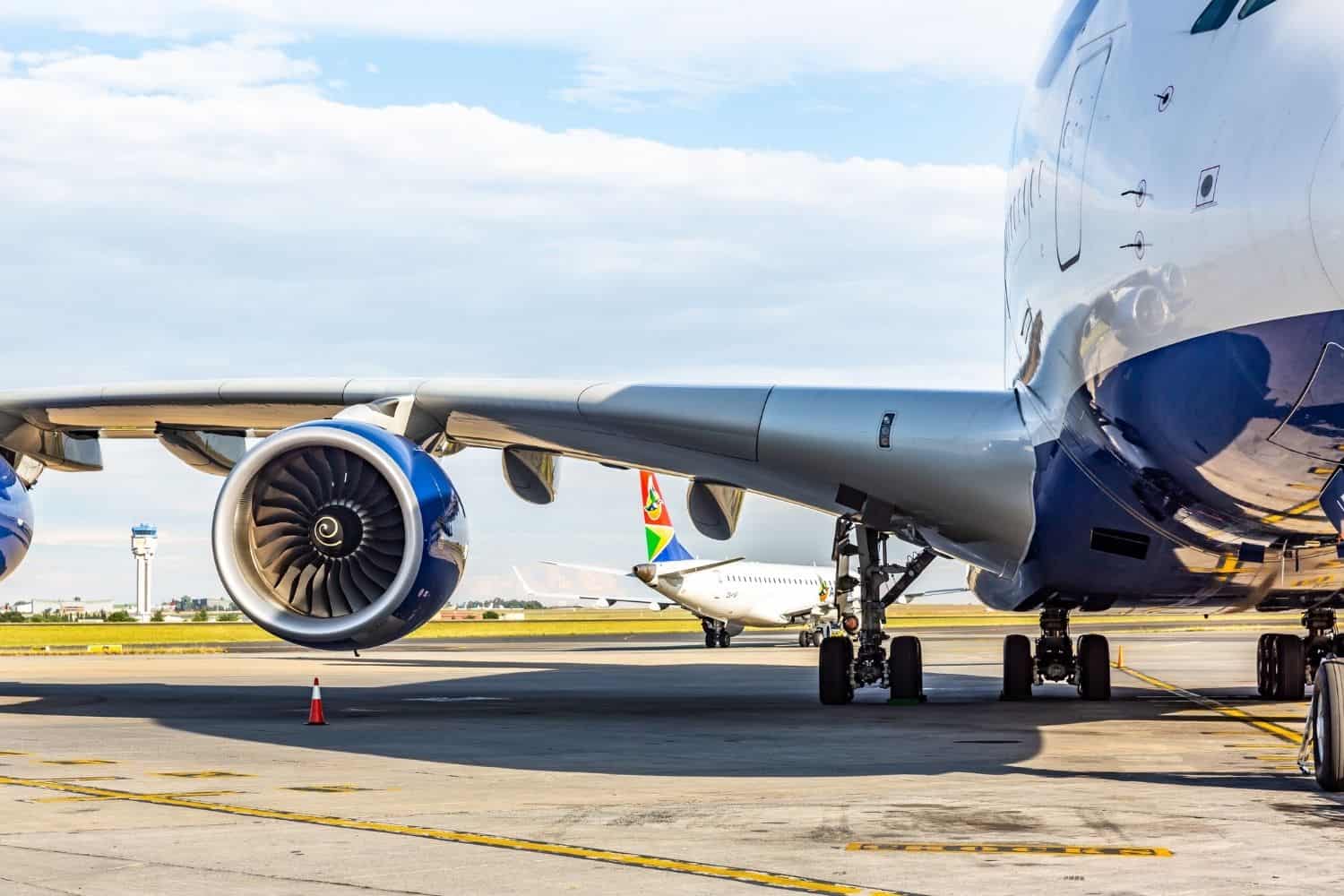Sale of the troubled state airline to private consortium enters final stage, with government promising an end to financial support.

Photo: iStock
It’s official. The government has now signed the agreement to sell a controlling shareholding in loss-making South African Airways (SAA) to the Takatso Consortium.
Public Enterprises Minister Pravin Gordhan confirmed this during an address to the Standing Committee on Public Accounts (Scopa) on Tuesday.
Gordhan reiterated previous promises that it will be the new controlling shareholder’s responsibility to fund the airline going forward.
Taxpayers are off the hook, save for a provision that government will pay the R3.5 billion that was previously agreed to finalise the business rescue process.
Actually, there is another little provision of government support in the sales agreement – that government might subsidise certain unprofitable routes, if government deems the routes to be important enough to service.
Overall, the burden has been lifted from taxpayers’ shoulders.
After the formal presentation to parliament by the Department of Public Enterprises and SAA management, opposition parties seemed to make a point of repeating the promises that no more financial aid would be extended to SAA in future in its new guise as a joint venture between government and the private sector.
Gordhan gave a brief summary of what led to the government taking the important decision to sell half of SAA to a private partner.
In short, after years of mismanagement, SAA couldn’t even pay its employees their salaries at the end of November 2019.
Within a few weeks towards the end of 2019, insurance companies refused to extend insurance on tickets for passengers who booked tickets with SAA. Importantly, this insurance covers passengers against an airline going bankrupt after they paid thousand towards tickets.
Travel agents stopped selling SAA tickets as they feared that paying customers would arrive at the airport, but SAA aeroplanes would not.
Flight Centre, one of the biggest travel agents in the country, was among those that suspended the sale of SAA tickets.
At the same time, banks refused further loans to SAA as government was not willing to extend new loan guarantees.
The International Air Transport Association (Iata) also asked for guarantees that SAA would be able to pay landing fees, berthing costs and service fees when its planes land at international airports.
The airline was forced into business rescue, with rescue experts proposing either liquidation or a total reorganisation of the airline. The third proposal, to involve a private sector partner, was accepted.
Takatso Consortium, formed by investor firm Harith General Partners and aviation enterprise Global Aviation, emerged as the favourite and eventually closed the deal.
Gordhan says Harith will contribute funding and Global Aviation will contribute aviation expertise.
The agreement stated that Takatso would acquire 51% of SAA, after completion of a due diligence.
Takatso will be totally responsible for the operation of the ‘new’ SAA, and seems to have a fairly free hand in determining the future of the airline.
The agreement makes provision for certain absolute rights, in that government has veto rights in some decisions. Gordhan mentioned that dividend policy and declaring dividends fall into this category.
He says government’s contribution to the new business include the SAA brand, routes, landing rights and the “successful” Voyager rewards programme.
The presentation to Scopa also disclosed the airline will eventually catch up on its financial reporting.
Management tabled its financials for the year to 2018, saying that the financial statements for the following years are currently awaiting auditing by the Auditor-General.
ALSO READ: ‘Fiscal drain’: SAA has cost SA R49 billion – Godongwana
It comes as no surprise that SAA suffered a loss in the 2017/18 financial year. Total losses amounted to R5.4 billion, marginally better than the loss of just under R5.5 billion in the previous financial year.
Gordhan says the financial statements for the years ending 2019 to 2022 are currently on the Auditor-General’s desk.
The 2018 financial statements, according the summary presented to parliament, disclose that SAA is in a precarious position with debt of R8.4 billion and having to pay R1.4 billion in interest every year.
SAA’s outstanding financial statements will make for interesting reading.
This article first appeared on Moneyweb and was republished with permission. Read the original article here.
Download our app